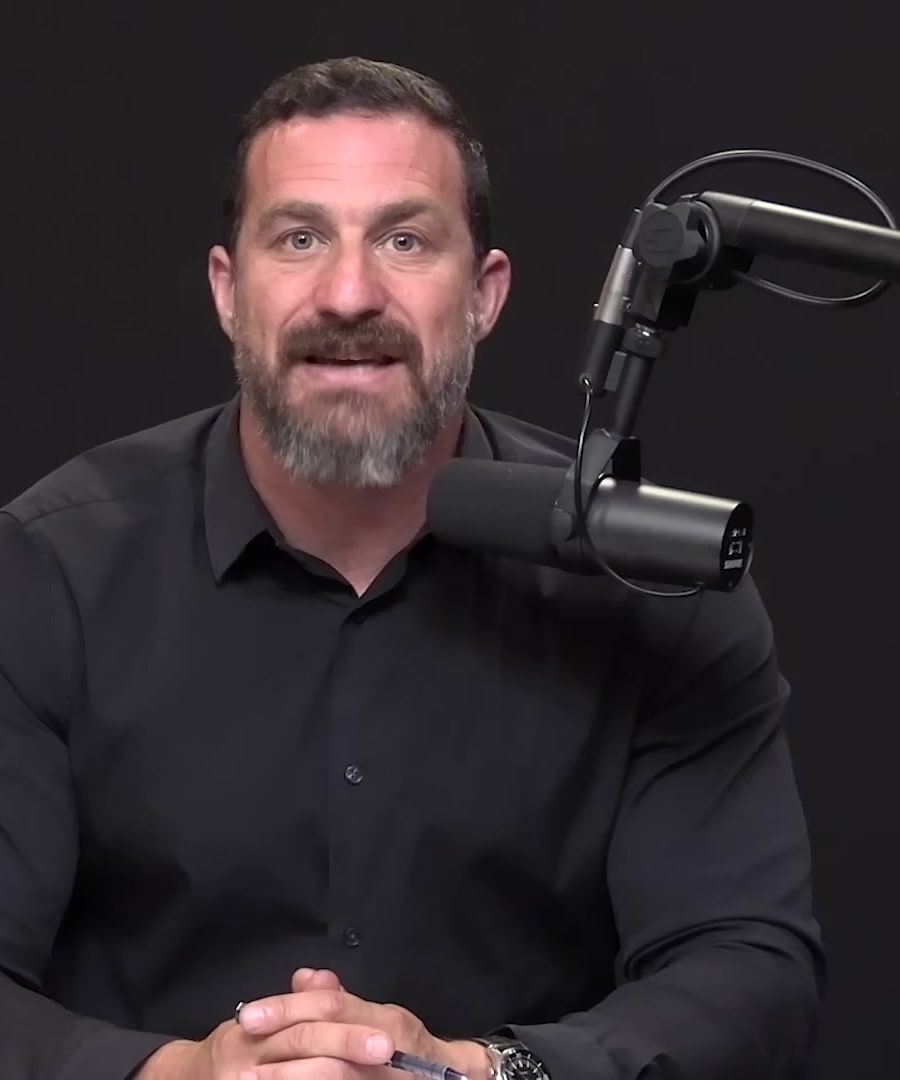Tell me about David Yeager
Sources:
is a professor of psychology at the University of Texas at Austin and the cofounder of the Texas Behavioral Science and Policy Institute. His expertise lies in growth and stress-enhancing mindsets. He is also the author of the forthcoming book "10 to 25," which focuses on improving motivation and performance.
Dr. Yeager has appeared on multiple podcasts, including , The Art of Manliness, and Good Life Project, where he discusses his insights and research findings related to psychology and behavioral science.
List podcast episodes with Yeager.
Here is a podcast episode featuring on the :
- . In this episode, Dr. Yeager discusses growth mindset, mindset interventions, overcoming challenges, and rethinking stress. It was published in April 2024.
- . In this episode, Dr. Yeager discusses growth mindset, mindset interventions, overcoming challenges, and rethinking stress. It was published in April 2024.
Summarize Dr. David Yeager: How to Master Growth Mindset to Improve Performance
Sources:
In the episode titled , Dr. David Yeager discusses several aspects of growth mindset and its impact on performance and well-being. Here are the key points summarized:
-
Definition of Growth Mindset:
- Growth mindset is the belief that abilities and intelligence can be developed with effort and the right conditions. It contrasts with the fixed mindset, which sees abilities as static 1.
-
Power of Growth Mindset:
- Dr. Yeager highlights the significant, long-term impact of short growth mindset interventions. For instance, a study showed that brief interventions with 9th-grade students led to improved grades and higher enrollment in advanced courses 1.
-
Wise Interventions:
- Wise interventions, a method applied in growth mindset interventions, involve presenting new scientific information, sharing success stories from similar individuals, and engaging participants in writing exercises to reinforce learning and belief in growth 2.
-
Mindset and Sociology:
- Yeager emphasizes that growth mindset should be considered alongside structural and societal factors. Psychological interventions alone are not sufficient to address inequality; supportive environments and resource allocation are also crucial 3.
-
Mechanisms of Growth Mindset:
- Growth mindset helps reduce defensiveness and encourages individuals to seek self-improvement by learning from those who perform better. This approach contrasts with the fixed mindset, which leads individuals to protect their ego by comparing themselves to less successful peers 4.
-
Relevance Under Challenge:
- Growth mindset becomes particularly relevant in challenging situations. Individuals facing more significant difficulties benefit more from a growth mindset, especially if they are in supportive environments that offer opportunities for advancement 5.
-
Recursive Process of Improvement:
- The iterative process of experiencing struggle, adapting, and improving reinforces the growth mindset. This recursive experience helps individuals internalize the belief that effort and strategies can lead to improvement 6.
Overall, the episode provides a comprehensive exploration of how growth mindset can be fostered and its significant impact on personal development and educational achievement.
-
What is a growth mindset?
Sources:
A growth mindset is the belief that abilities and intelligence can be developed through effort, learning, and support. explains that this concept emphasizes the malleability of our capabilities, suggesting that we can improve in various domains such as academics, sports, or arts if we devote attentional resources to them. This contrasts with a fixed mindset, which sees abilities as static 1.
Growth mindset is deeply tied to neuroplasticity, the nervous system's ability to change in response to experience, which occurs throughout the lifespan but is more pronounced early in life. This mindset is about facing challenges and viewing them as opportunities to grow, rather than seeing failures as a reflection of one's static abilities 1.
It's also essential to differentiate growth mindset from unrealistic beliefs, such as thinking that trying hard will guarantee success in anything. Instead, it recognizes that with the right conditions and support, change and improvement are possible 2.
RELATED QUESTIONS
Tell me about David Yeager
List podcast episodes with Yeager.
Summarize Dr. David Yeager: How to Master Growth Mindset to Improve Performance
What is a growth mindset?
- RELATED QUESTIONS






